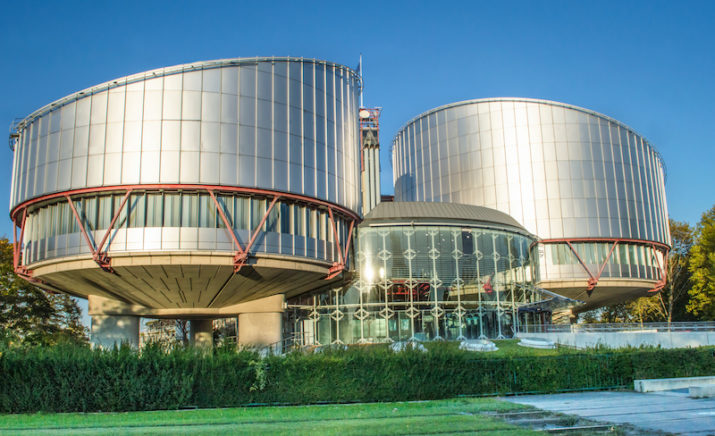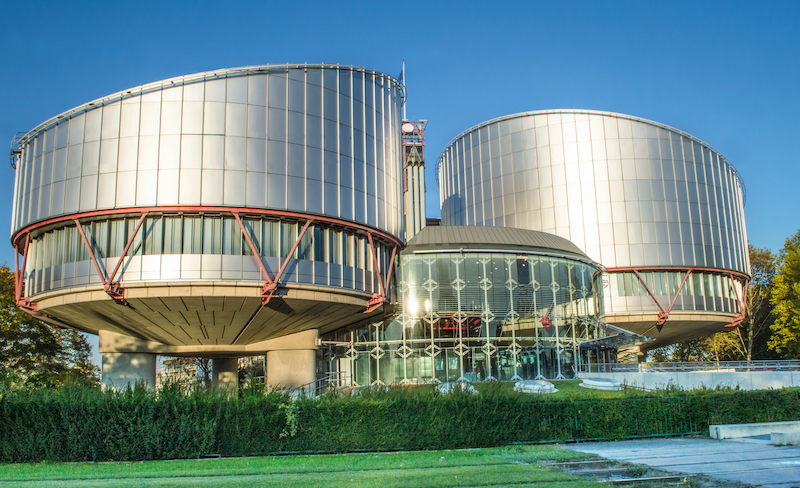

This is part of our campus spotlight on the University of Amsterdam.
Course contents
Any history of modern Europe should take account of its interactions with the wider world. This elective course for second- and third-year students explores the history of modern Europe in the world, focusing on questions of race, rights, and humanity from the late eighteenth century to the present. It traces the origins of those ideas, their affiliation to broader (extra-)European political and moral shifts, how they became part of larger institutions, and why some have been contested by contrasting actors in our own time.
The course demonstrates how Europe’s images of justice and rights were far from constant, but actually shifted overtime to reflect changing moral and political transformations. In recognizing historical discontinuity and contingency, the course enables students to reimagine Europe’s past and connect it with present-day concerns and visions of the future.
Description of the Course
The seminars are held twice a week, feature guest lectures, include primary and secondary sources, and are designed to allow for discussion of the most important aspects of the course. Students are expected to prepare statements linking the historical topic under discussion to a contemporary text. Such a text could engage with any relevant subject and involve newspaper articles, visual imagery, tweets, parliamentary debates, essays, music, pamphlets, to poetry.
Students are assessed on the basis of three assignments – a book review essay (25%); proposal (pass/fail); and a final essay (75%). For the review, they are required to take a single book from a pre-selected list and write a review essay examining its intervention in a larger historiographical debate; and for the proposal, they have to write a short introduction of their future research essay. For this assignment, they need to explore a topic from the course in depth, engaging with the relevant literature and developing an original argument. They are free to choose the topic for this final essay.
Key objectives
The course has three key objectives:
- To offer historical insights into contemporary debates about justice and humanity;
- To get students acquainted with scholarly debates in (extra-)European history involving the origins of conceptions of race and rights;
- To learn to critically analyze and assess concepts and ideas relating to European
- civilization, empire, and modernity.
Week 1 – Introduction: Genealogy, Universality, and Antislavery
- Introduction
- Universal (Human) Rights? Haiti, Antislavery, and Europe
Week 2 – European Empire and Humanity
- Empire and Humanitarian Intervention
- Empire and the White Woman’s Burden
Week 3 – War, Genocide, and the Rights of Women
- The Greater War: Genocide, Crimes Against Humanity, and Refugees
- (Black) Women’s Internationalism in Europe and Beyond
Week 4 – Human Rights, War Crimes Trials, and Empire
- The Breakthrough of Human Rights?
- Empire on Trial
Week 5 – Global Race Politics
- The Fall of European Empires and Global Racism
Week 6 – Decolonization and Black Activism
- The 1960s: Human Rights and the Struggle against Racism
- The Black Archives
Week 7 – A Specter Haunting Europe Today
– The Alt-Right and Antisemitism
Readings
Students are supplied with a number of introductory chapters and selected articles.
Boyd van Dijk is a lecturer in modern European history at the University of Amsterdam. He taught previously at the London School of Economics, King’s College London, and Queen Mary. His research interests include the history of humanitarianism, international organizations, decolonization, international law, and mass violence. He has published articles about history and law for the Humanity, American Journal of International Law, the Journal of the History of Ideas, Yad Vashem Studies, and the Law and History Review. He is currently finalizing a book manuscript on the making of the 1949 Geneva Conventions (Oxford University Press).




